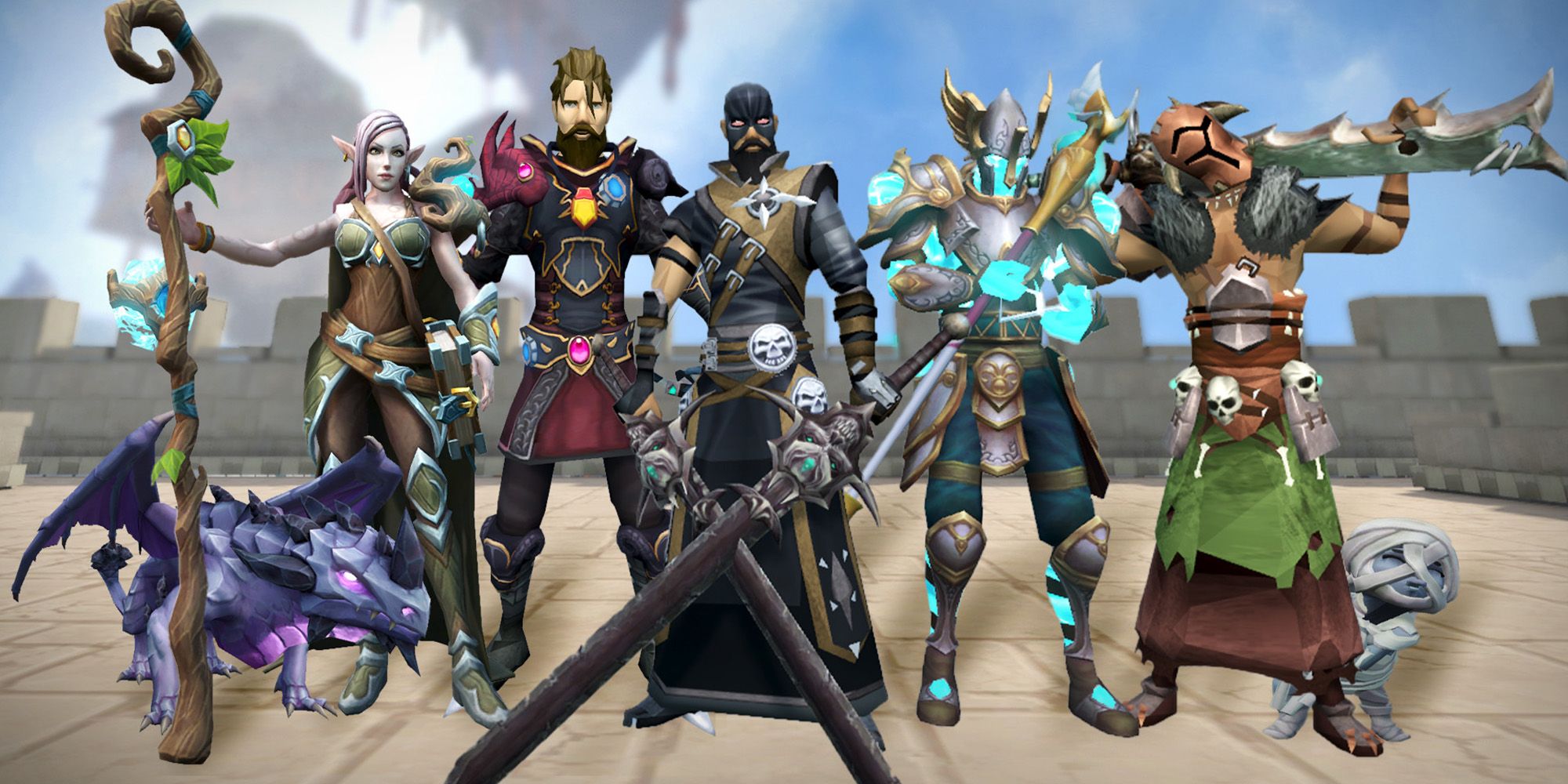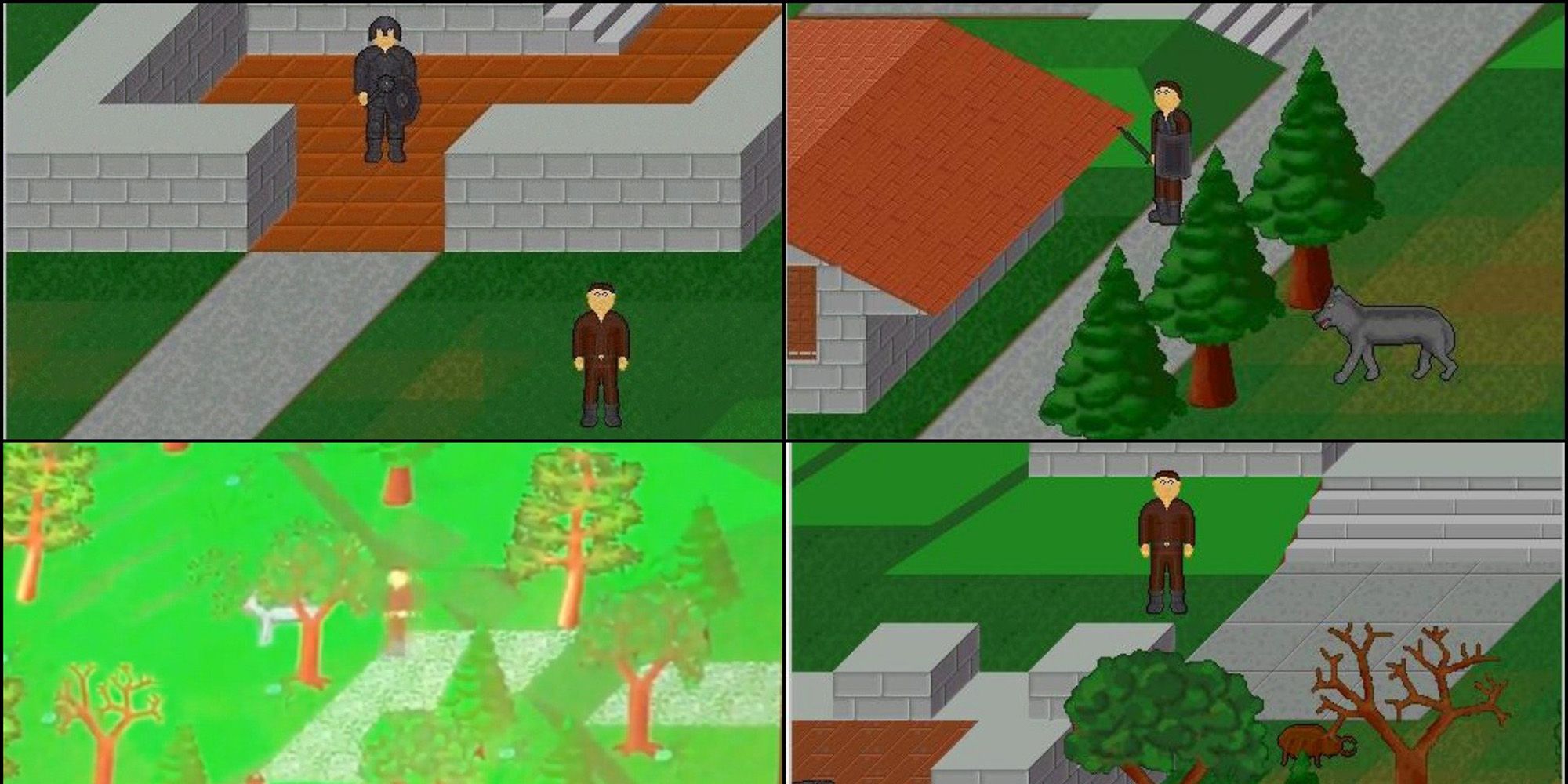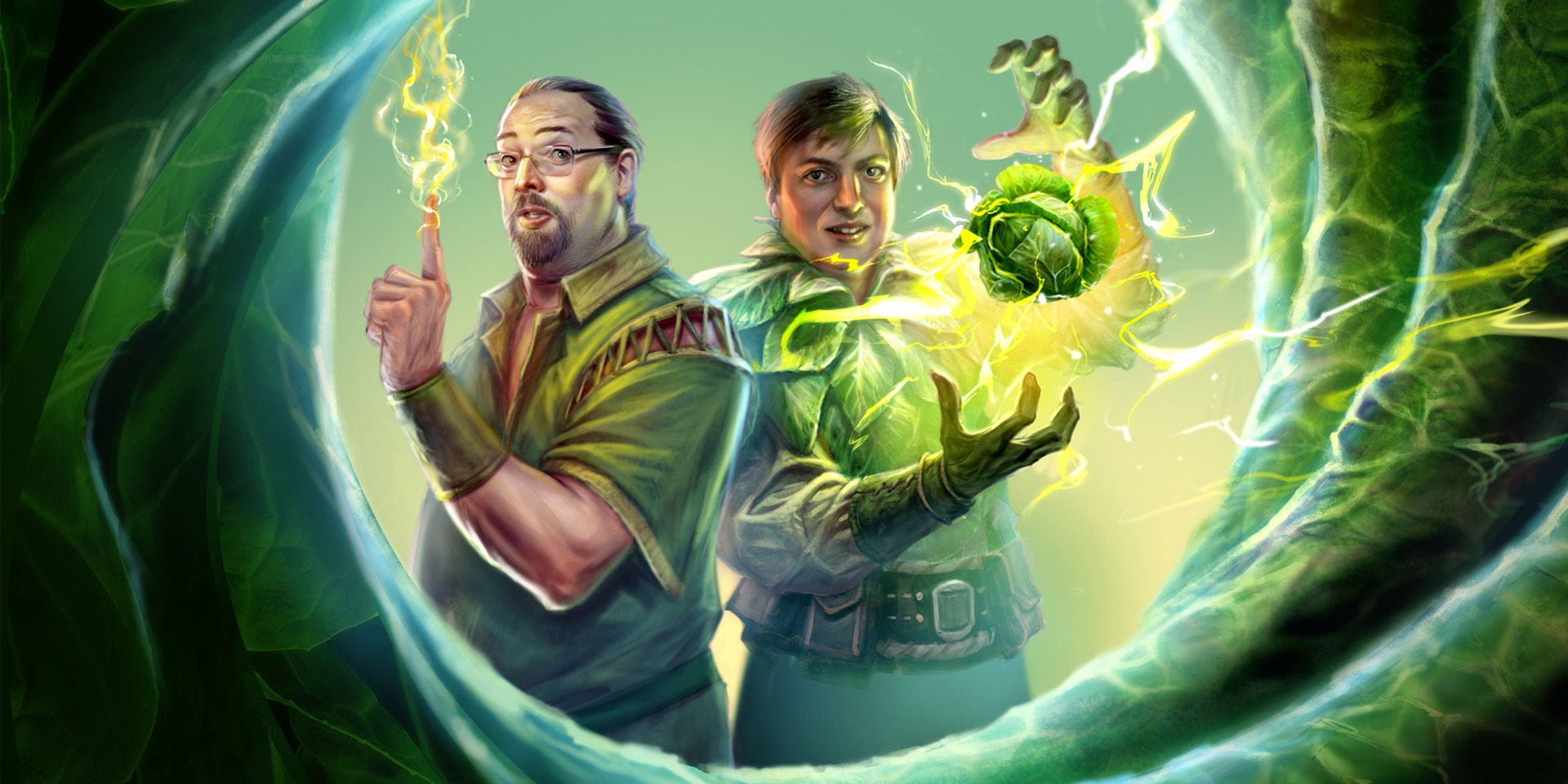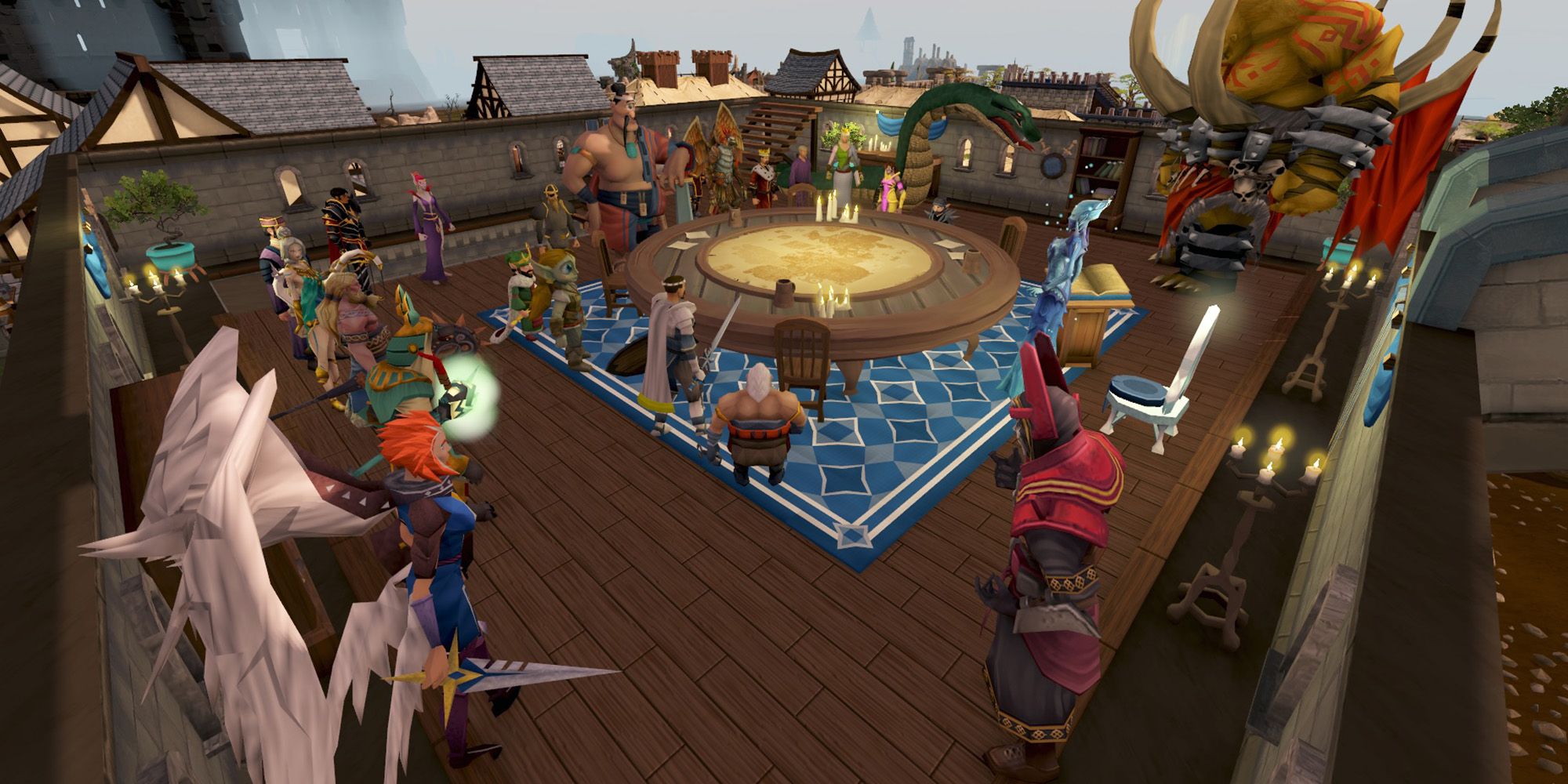One of the oldest MMORPGs around is old enough to legally drink in some parts of the world. There have been many changes over the years, but RuneScape has survived and now celebrates its 20th birthday. RuneScape became a giant thanks to the developer's ability to innovate and keep things interesting by adding new content that allows players to enjoy the game and create their own adventures.
RuneScape has humble beginnings as a passion project that's survived into today. It's from a time when individuals still made games at home without the help of engines like Unity or Frostbite. While there were many duds, some did succeed, and RuneScape is one of them. It all started with three brothers who loved board and tabletop games.
Andrew Gower is its main creator as the programmer who developed the groundwork, but his two brothers assisted him as they all had the same passion for games. Paul Gower helped create quests, new content, towns and areas and even designed the world's layout still used today. Ian Gower was the artist creating the logo, models, monster and character designs. Basically, each brother was a department for the game in its early days, doing all the work themselves. This was all back in 2000 during Andrew's university days taking computer science, and before the game they worked on became RuneScape.
DeviousMUD was the proto-RuneScape Andrew put together and ran from his computer. Only a handful of people played it, and mostly ones he had invited. He took the feedback they gave and, after graduating, set out to work on it some more. Andrew created his own tools for himself and his brothers to implement new content and ideas as they worked. The game finally went online as a browser game in 2001 and was run out of their parent's basement. This obviously wasn't ideal, but they didn't exactly have access to big servers, especially not back then when MMO's were still very uncommon.
To their surprise, it took off quickly and they actually had a tough time keeping up with the number of players joining. Eventually, hosting became too expensive and they had to find a way to keep the game going. This led to them joining up with Constant Tedder, who was previously interested in working with Andrew already, to form Jagex -- the company which still runs RuneScape today. During this time, they also decided to create a membership service allowing access to more features to pay for the hosting upkeep. It saved the game, and Jagex began to grow.
Business was a new field for the brothers. They quickly got an office but didn't have furniture or, more importantly, Internet for the first few weeks. Things did come together, and the small team they had was passionate not just about the game but the roots it came from with interests in D&D and games like Ultima Online. There was a lot of learning between the business and working with the player base to address issues. Eventually, Andrew decided to restructure the engine to update it and make it easier to add new content.
This led to the second iteration, RuneScape 2, which was released as a beta from 2003 to 2004 for those with memberships. However, Andrew was worried some players wouldn't like this new version of RuneScape and kept the original running. It went on to become known as RuneScape Classic, whose servers closed three years ago. RuneScape 2 had upgraded graphics and systems and was generally a newer version of the classic game. After a year, the game went live simply as RuneScape and Jagex partnered with the game website Miniclip to provide easy access to the game. This led to player accounts skyrocketing.
This is the era when RuneScape really took off. People weren't just joining to play a game; they were joining to be part of a community. It became incredibly popular and continued to grow, inevitably leading to botting and exploitation. In particular, RuneScape Classic was hit hard, with gold-farming and other issues needing to be dealt with because of the impact on the game. It got so bad Jagex cut back on certain features, and in 2006 it actually suspended new account creations and only allowed players active from 2005-2006 to log on while it dealt with problem accounts. The game re-opened in 2009.
Meanwhile, RuneScape 2 was continuing to grow and add new features. From the popularity, conventions like Runefest began to pop up as Jagex found new ways to interact with the game's players. The community wasn't small enough to interact with players online anymore, which was its solution. This growth also meant more responsibility for the company leading to Andrew Gower stepping down as CEO in 2010 as his game began to get away from him.
In 2012 the game began to change again as it upgraded its systems and began adding microtransactions. Many in the community didn't like these additions, but the company needed to pay for new technology and keep RuneScape relevant. It was meant to come to new tech like smartphones and tablets during this same year but got pushed back to 2014. RuneScape 3, the current version of the game, was eventually released in 2016. Jagex was aware of the community's stance on many of the game's changes, however, and ended up releasing RuneScape Old School, which is the version many grew up with. It's an MMORPG that's survived the ages thanks to Jagex's understanding of the game's community, but it was the Gower brother's passion that started the game and grew it to popularity.




